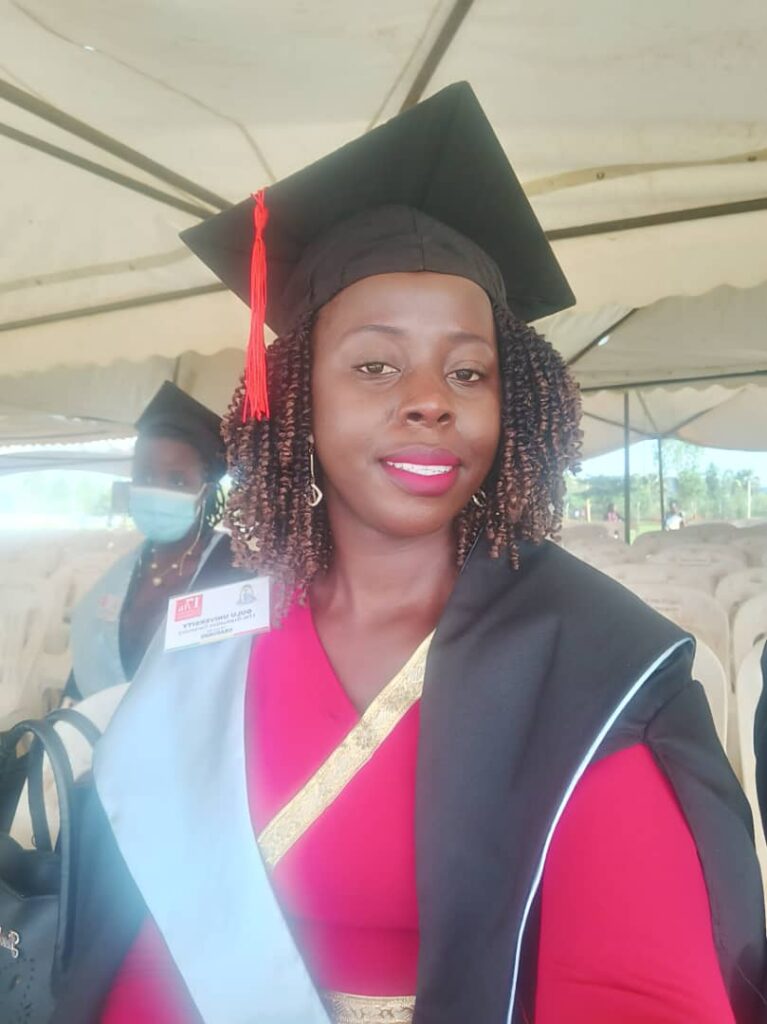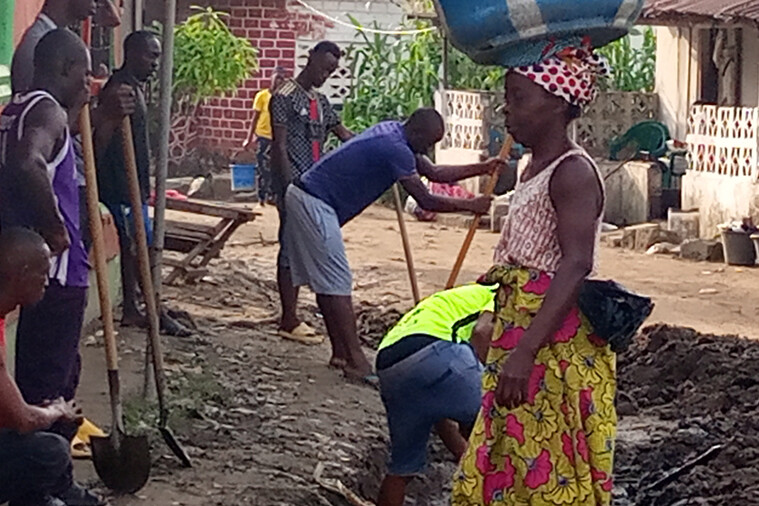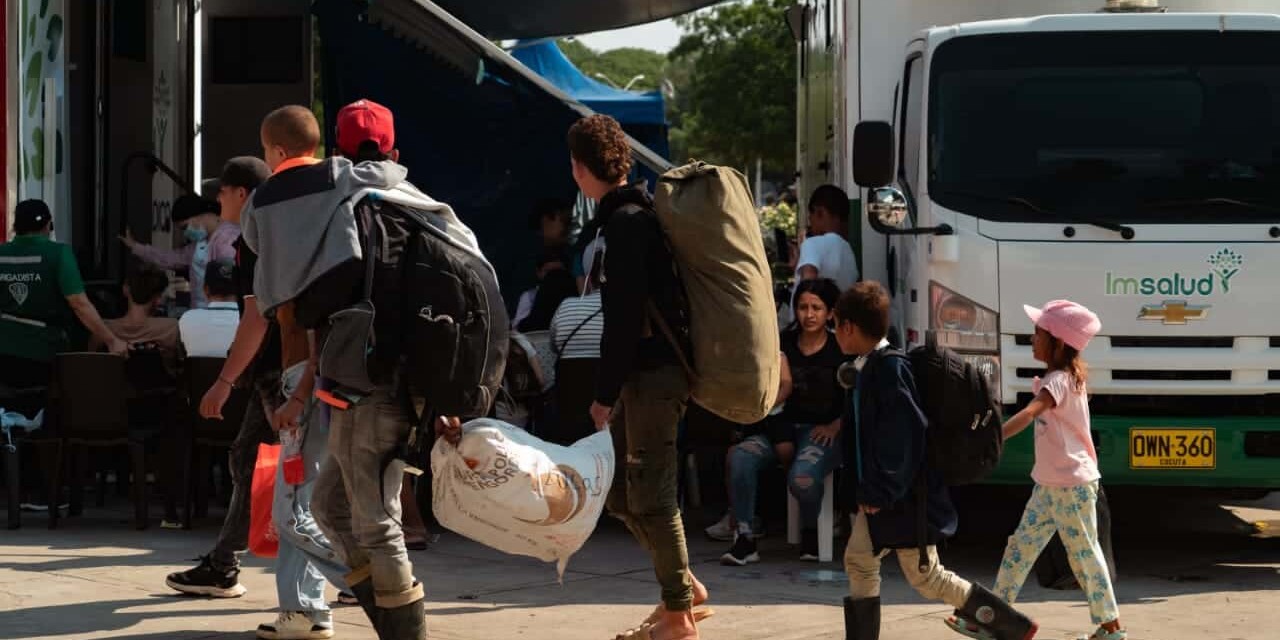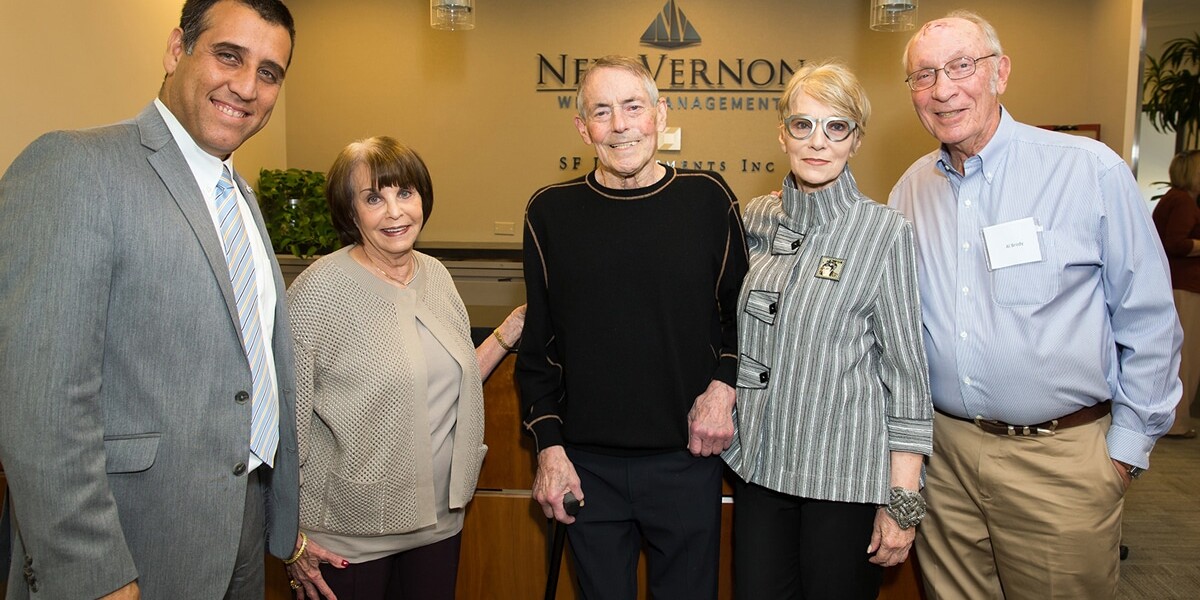By Diana Alaroker, Global Fellow from Uganda
In Northern Uganda, where I grew up, educating a young girl like myself was not a priority. My culture is patrilineal, so my worth would have been negligible in many other families. Indeed, the dropout rate for girls in my region is 78% for primary school. Girls are a currency of exchange, many of us groomed to be housewives from the age of ten. And at the age of seventeen, we are considered ready for marriage. As early as 5am, while it is still dark, very quiet and cold outside, the day has begun for an African woman. Her tasks are largely domestic, including housekeeping, child rearing, fetching water, cooking and tending to the community’s needs. Women in Uganda work two thirds of the total labour hours and produce 70 percent of the nation’s food, yet earn only 10 percent of its income and own less than one percent of its property.
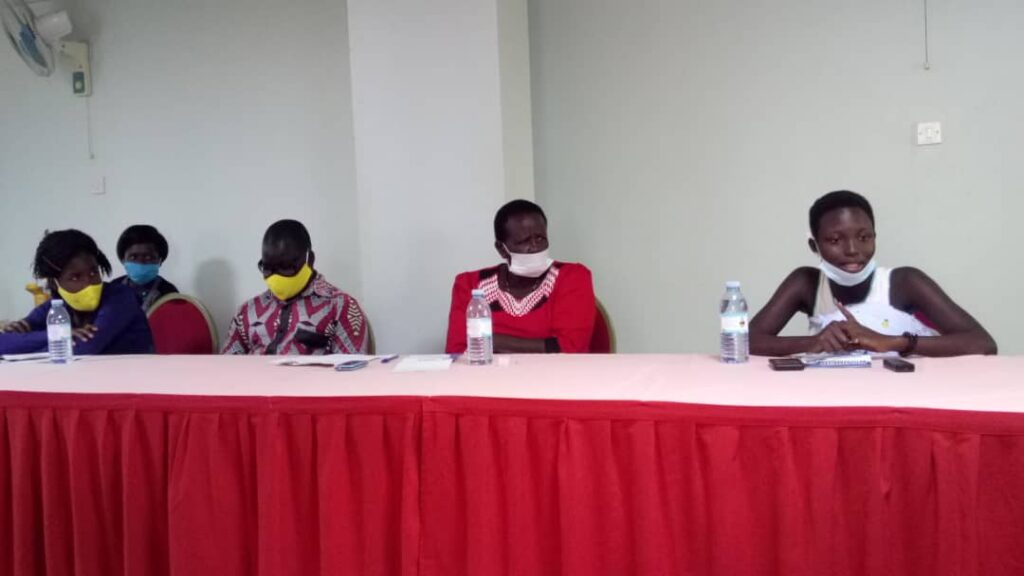
Many African women awake to responsibilities which are overwhelming and challenging at times, responsibilities they have to face as and when they come. The countless sacrifices that they make just to see their children and spouses happy can never be paid back; they are priceless.
Polygamy, which is a norm in the Acholi culture, makes the situation worse, which exacerbated after the conflict in Northern Uganda. Men often elope with other women with whom they feel they are “better off,” leaving their wives with the responsibility of raising the children and providing for the family. For the woman who has been deserted, playing the role of both parents in the lives of their children is quite challenging and hectic.
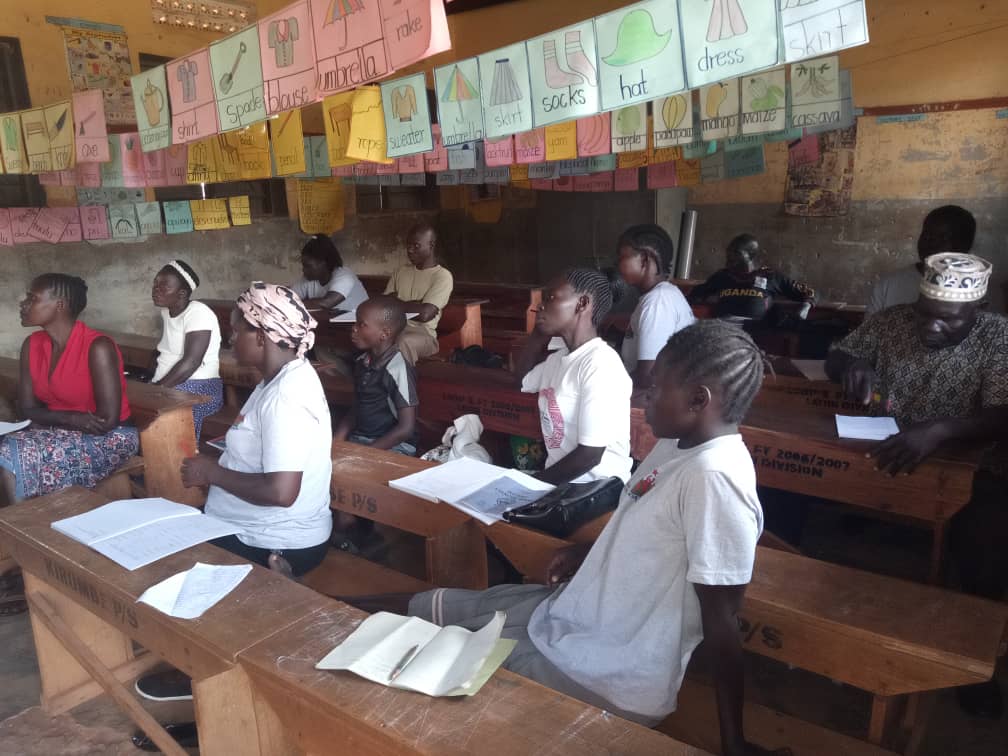
With little or no education, they are unable to get employment in any formal sector, so most of them opt for small businesses, which usually generate little profit, but give them time to attend to their responsibilities at home. And with these small profits, they are able to send their children to school to attain education which they themselves were unable to get.
African women are brave, and there cannot be just one day to celebrate them. Every day should be a day where we respect the dignity of women.
